
Kizzy Albittron
Kent State University
Dr. Kizzy Albritton is an Assistant Professor in the School Psychology program at Kent State University. Her research interests include improving academic and behavioral outcomes for racial and ethnic minority children in early childhood settings, expanding the role of school psychologists working in early childhood settings, and examining the implementation benefits and challenges of multi-tiered frameworks in early childhood environments that primarily serve ethnic minority children.
Email: kalbritt@kent.edu

Prerna Arora
Teachers College Columbia University
Dr. Arora’s research focuses on issues of access and quality of care for underserved youth and adolescents. In particular, Dr. Arora’s research focuses on identifying risk and protective factors in the development of depressive disorders among ethnic minority immigrant youth; barriers to help-seeking among ethnic minority immigrant youth and families; and developing and implementing culturally-informed school and community-based prevention and intervention programming for youth internalizing disorders. Dr. Arora’s work is grounded in a participatory action research approach and incorporates the use of mixed methodology. She also has additional lines of research in international school-based research efforts and behavioral health integration in pediatric primary care.
Email: arora23@tc.columbia.edu
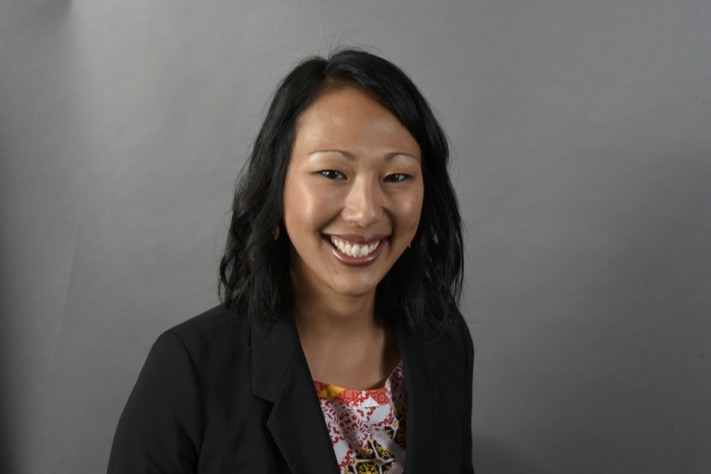
Stacy Bender
University of Massachusets Boston
Dr. Bender is an Assistant Professor of School Psychology at the University of Massachusetts Boston. Dr. Bender’s research focuses on improving the social-emotional/behavioral needs of marginalized students through behavior screening and intervention, and supporting diverse family engagement practices. Her research also investigates the implementation of mindfulness-based interventions for families and students in schools.
Email: stacy.bender@umb.edu

Jamilia Blake
Texas A&M University
Dr. Blake’s research examines the developmental trajectory of peer-directed aggression, bullying, and victimization in socially marginalized youth and racial/ethnic disparities in school discipline with a specific focus on Black females.
Email: jjblake@tamu.edu

Joel Bocanegra
Idaho State University
Dr. Bocanegra’s research interests include the recruitment of minoritized populations, the shortages crisis, and multicultural research.
Email: bocajoel@isu.edu
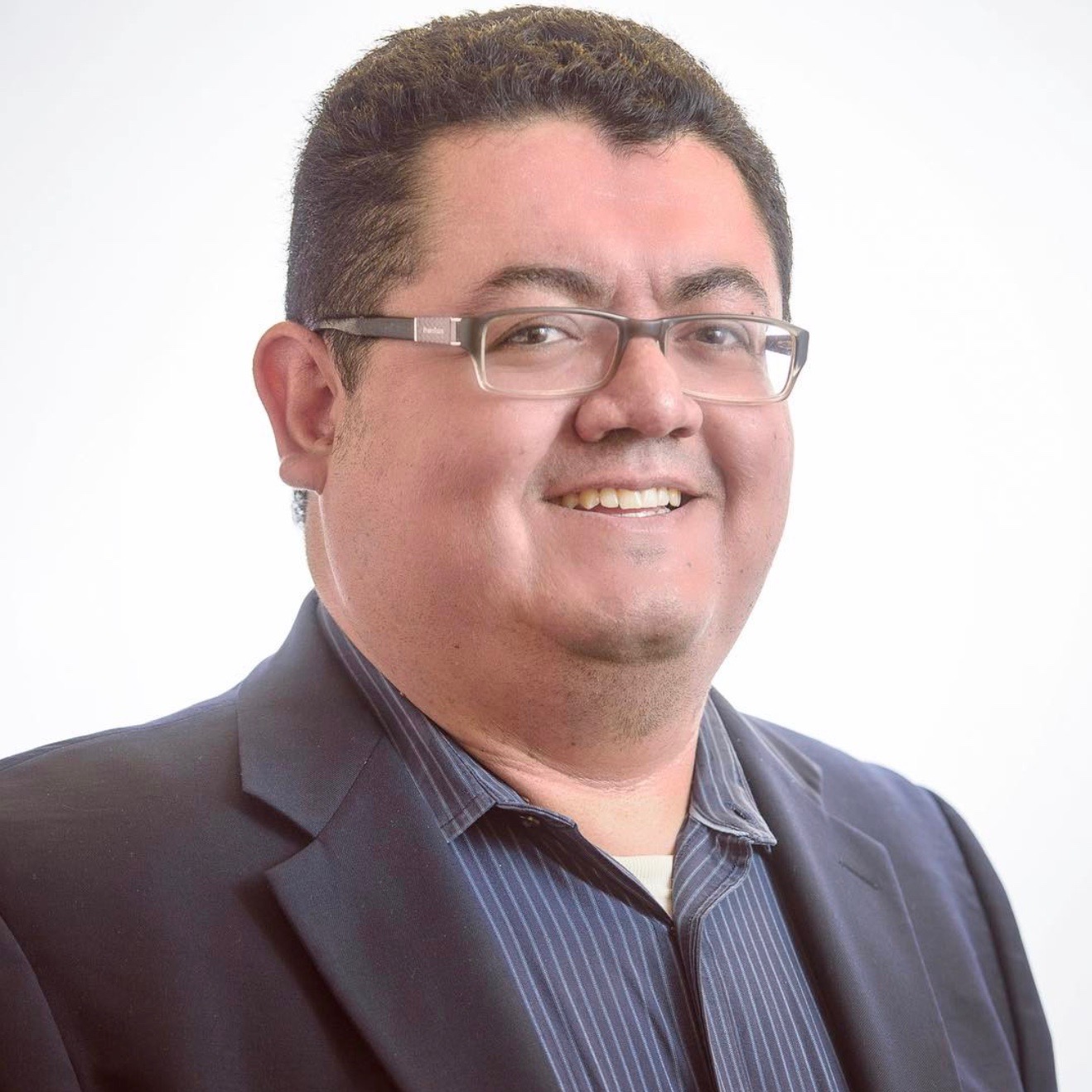
Carlos Calderón
California State University, Fresno
Dr. Calderón’s research interests are focused in cognitive and academic assessment, mathematics learning development, bilingual and multicultural psychology practice issues, and acculturation and identity processes.
Email: ccalderon@csufresno.edu
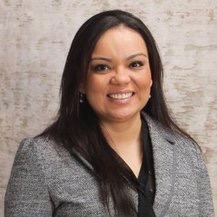
Sara Castro-Olivo
California State University, Fresno
Culturally responsive social-emotional and behavioral interventions for CLD students and families. Social-Emotional Learning for ELLs and refugees. Best practices in assessment and intervention for ELLs, immigrant and refugee children.
Email: sara_castro-olivo@tamu.edu

Tai Collins
University of Cincinnati
Dr. Collins is primarily interested in the development of time- and resource-efficient interventions to support African American students in urban schools with limited resources. Dr. Collins has focused on developing peer-mediated interventions to address the academic, behavioral, social, and emotional needs of students within multi-tiered systems of supports (e.g., School-Wide Positive Behavior Interventions and Supports, Response-to-Intervention). Dr. Collins is also interested in the development of strategies to reduce the overrepresentation of African American students in special education, as well as to increase the number of African American students receiving gifted education supports.
Email: tai.collins@uc.edu
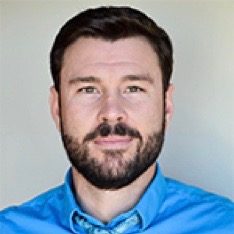
Clayton Cook
University of Minnesota
Dr. Clay Cook is an Associate Professor of School Psychology at the University of Minnesota. He has extensive research and practical experiences involving the implementation of multi-tiered systems of support to promote more equitable social, emotional, and academic outcomes for students. He has received over 7 million dollars in external grant funding to conduct research on the adoption and implementation of evidence-based practices for students from historically disadvantaged backgrounds.
Email: crcook@umn.edu
![IMG_8690[2] copy](http://apadivision16.org/wp-content/uploads/2021/05/IMG_86902-copy-768x1024.jpeg)
Jennifer Cooper
Ferkauf Graduate School of Psychology, Yeshiva University
Dr. Jennifer Cooper is an Assistant Professor in the School-Clinical Child Psychology program at the Ferkauf Graduate School of Psychology, Yeshiva University. Her scholarly interests include social justice in school psychology graduate preparation programs and culturally responsive school-based behavioral and mental health supports for historically marginalized students. As a researcher, Dr. Cooper is committed to critically reflecting on her positionality and plans to utilize qualitative methods such as participatory action research to meaningfully engage youth and adolescents in future research and change efforts. Dr. Cooper is a first-generation college student and faculty member and is interested in mentoring first-generation graduate students of color.
Email: jennifer.cooper@yu.edu
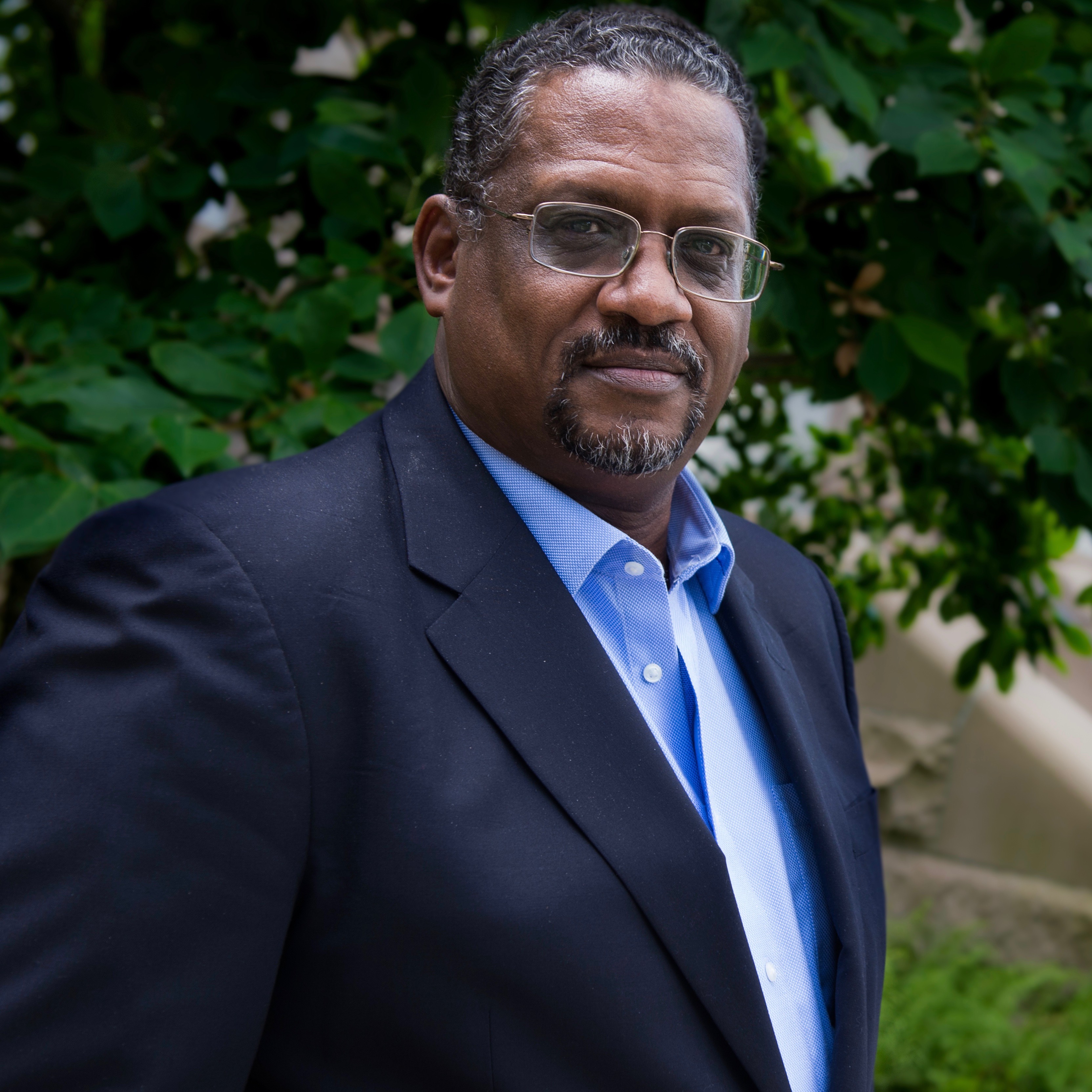
Michael Cunningham
Tulane University
As a developmental psychologist, Mike has a program of research that focuses on racial, ethnic, psychosocial, and socioeconomic processes that affect psychological well‐being, adjustment to chronic stressful events, and academic achievement among African American adolescents and their families. He uses mixed methods in his current research project that includes the study of gender‐specific patterns of resilience and vulnerability in urban African American participants.
Email: mcunnin1@tulane.edu
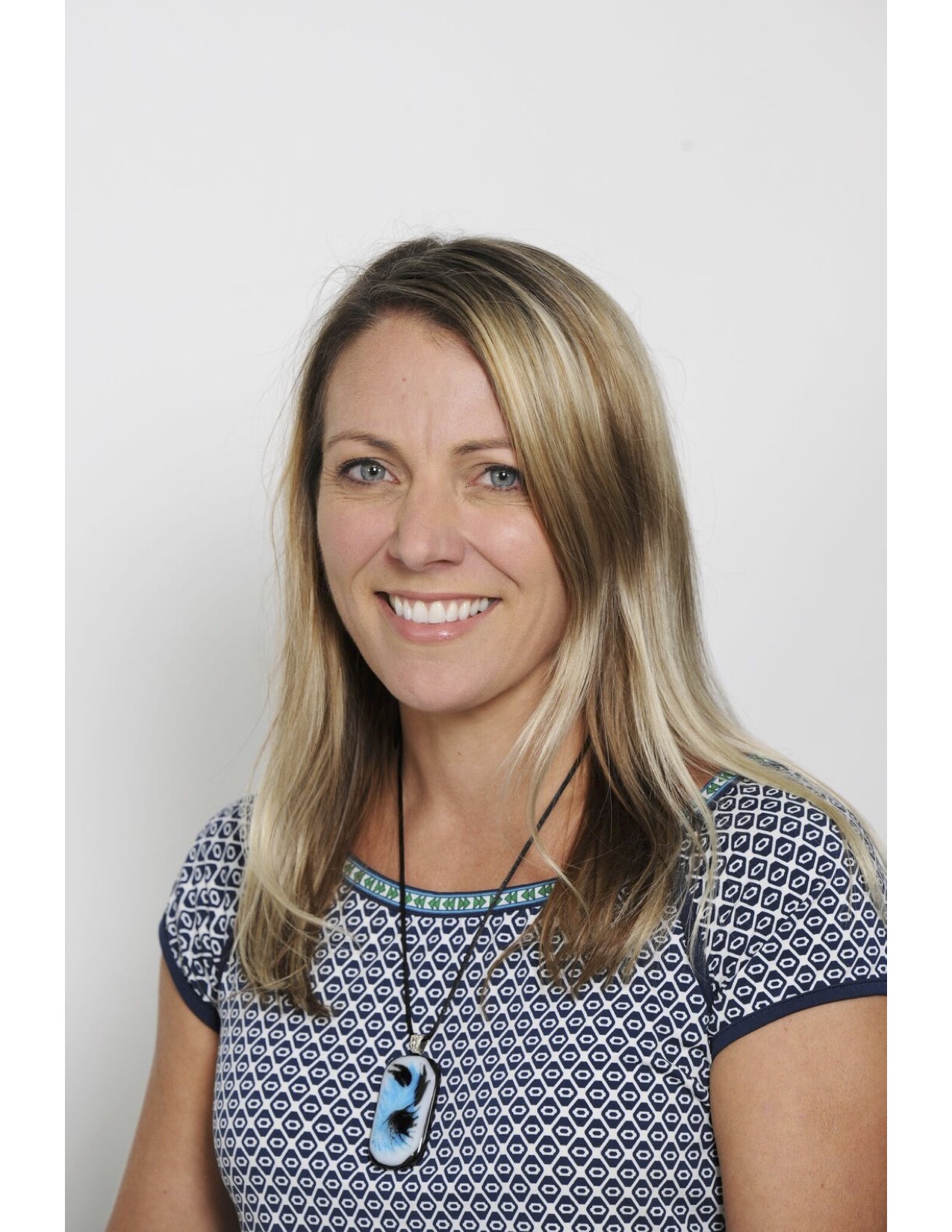
Susan Davies
University of Dayton
Dr. Davies initiated a study abroad program in Latin America for school psychology graduate students at the University of Dayton. She regularly leads the program and teaches the accompanying course, Counseling Diverse Learners. Her research and professional interests include improving school-based services for students who have sustained traumatic brain injuries and the development of intercultural competency through international education.
Email: sdavies1@udayton.edu

Stephanie D'Costa
California State University - Monterey Bay
Dr. Stephanie D’Costa is an assistant professor of school psychology at California State University, Monterey Bay. She is passionate about community-based research that empowers culturally and linguistically diverse children and families. Her research focuses on adapting current evidence-based practices in academics, behaviors and mental health for diverse k-12 students. She is also a licensed clinical psychologist with a specialty in on trauma-informed practices for children.
Email: sdcosta@csumb.edu
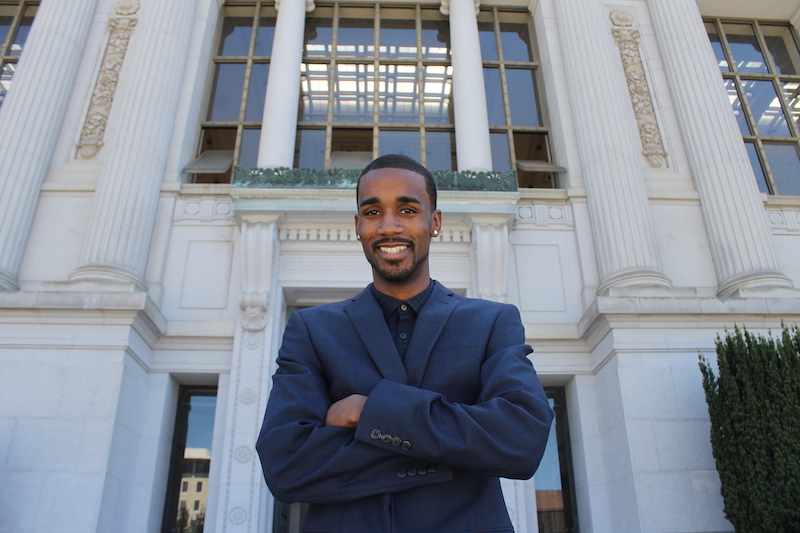
Dante Dixson
Michigan State University
Dr. Dixson’s areas of expertise include hope, positive psychology, and disadvantaged populations. His research lab has two primary goals: a) to research and better understand how psychosocial factors (i.e., students’ thoughts, attitudes, and beliefs) are associated with improving the achievement of minority and disadvantaged youth, and b) to use the best research available to inform quick and effective perception-based interventions that can be implemented universally in schools to give more students at chance at academic success
Email: dixsond2@msu.edu

Oliver Edwards
University of Central Florida
Dr. Edwards’ early research addressed theories of intelligence testing of racial/ethnic minorities and the psychosocial development of children raised by grandparents. Currently, he is researching social support networks as well as health disparities and their impact on ethnic minority school children.
Email: oliver.edwards@ucf.edu

Sycarah Fisher
University of Georgia
Dr. Fisher’s research focuses on improving life outcomes for diverse populations. This manifests itself in two distinct lines of research. The first involves investigating risk and protective factors related to mental health and substance use outcomes for minority youth. The second line of research focuses on the dissemination and implementation of mental health/substance use interventions in urban schools.
Email: dr.sdgrant@gmail.com

Anisa Goforth
University of Montana
Dr. Goforth investigates culturally responsive evidence-based practice for children from culturally and linguistically diverse backgrounds. She is interested in school-based mental health and addressing the needs of underrepresented students.
Email: anisa.goforth@umontana.edu

Jorge Gonzalez
University of Houston
Dr. Gonzalez investigates the development and acceleration of children’s oral language, especially English language learners and other diverse populations. He is especially interested in the role of the home literacy environment and Latina maternal beliefs and values around child language development.
Email: jeg2503@icloud.com
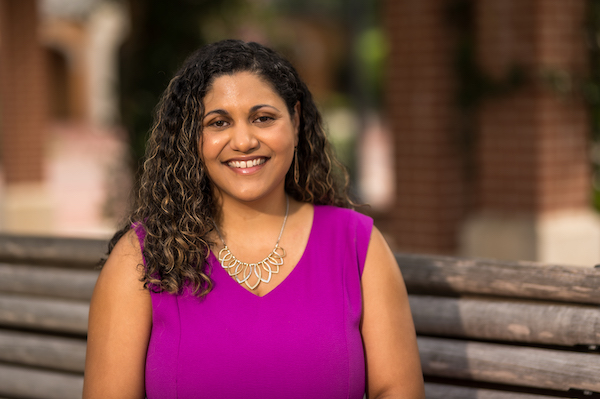
Stephanie Grant
Xavier University of Louisiana
Dr. Grant’s research addresses educational equity and opportunity for students who are members of diverse groups. Her current work is focused on identifying points along the School to Prison Pipeline that may be most amenable to change through behavioral intervention. Much of her research in this area has been focused on quantifying the extent of the problem. However, her work is focused on moving toward specific behavioral intervention strategies to change the behavior of individuals and systems and thereby decrease disparate discipline practices. Particularly, Dr. Gant is interested in interventions that focus on adult rather than student behavior. Dr. Gant seeks to identify key behavioral indicators of inequitable behavior in the class that will be amenable to change (e.g. subtle differences in teacher behavior). Her second area of interest is in the evaluation of the ways in which histories of colonization and white supremacy have influenced all aspects of the discipline of school psychology including research, practice, and underlying assumptions. This work focuses on engaging in collaborative evaluation and problem solving around these issues in intellectual communities by elevating voices that have been traditionally marginalized.
Email: sgrant8@xula.edu

Sally Grapin
Montclair State University
Broadly, Dr. Grapin’s research centers on the intersection of social justice and school psychology. Specifically, her research comprises two primary strands: 1) exploring the impact of racial bullying (in both online and offline contexts) on the academic achievement and mental health outcomes of youth; and 2) exploring the ways in which pre-service school professionals develop dispositions toward social justice advocacy. She also conducts research on the recruitment and retention of racial and ethnic minoritized students to school psychology graduate programs.
Email: grapins@montclair.edu

Scott Graves Jr.
Ohio State University
Dr. Graves interests can be broadly categorized as understanding protective factors that lead to appropriate development in early childhood. His research agenda is focused on identifying strengths in African American children that lead to positive social–emotional and academic outcomes.
Email: graves.388@osu.edu

Anne Gregory
Rutgers University
Anne Gregory, Ph.D. is an associate professor at the Graduate School of Applied and Professional Psychology at Rutgers University. Her research has focused on the persistent trend that African American adolescents are issued school suspension and expulsion at higher rates than adolescents from other groups. Through program development and evaluation, she aims to improve educational settings for students from diverse racial and ethnic backgrounds.
Email: annegreg@rutgers.edu

Charity Griffin
Winston-Salem State University
Dr. Charity Brown Griffin is an Assistant Professor in the Department of Psychological Sciences at Winston-Salem State University. Her research program integrates principles from multiple disciplines (school psychology; developmental psychology; education) to elucidate how Black youths’ experiences with race-related processes in schools and communities, influence educational and psychological outcomes. Her research areas include racial identity, racial socialization, school-based racial discrimination and racial stress and trauma, school racial climate, school engagement, and youth participatory action research.
Email: griffincb@wssu.edu

Aaron Gubi
Kean University
Dr. Gubi has two lines of research in progress, investigating multicultural competencies and diversity recruitment in school psychology.
Email: gubia@kean.edu

Erin Harper
Texas A&M University - Commerce
Dr. Harper’s research focuses on culturally responsive positive youth development (PYD) programming and preventive interventions for diverse youth. Most of her research to date has focused on school-based preventive interventions for African American adolescent girls and school-based prevention of commercial sexual exploitation.
Email: erin.harper@tamuc.edu

Bryn Harris
University of Colorado, Denver
Bryn Harris, PhD, NCSP, is an Associate Professor in the School Psychology doctoral program in the School of Education and Human Development at the University of Colorado Denver. Her primary research interests include the psychological assessment of bilingual learners, health disparities among bilingual children, particularly those with autism spectrum disorder, culturally and linguistically diverse gifted populations, and improving mental health access and opportunity within traditionally underserved school populations. She regularly conducts international research, primarily in Mexico.
Email: bryn.harris@ucdenver.edu

Julie Herbstrith
Western Illinois University
Dr. Herbstrith’s current research projects focus on social-psychological phenomena such as prejudice and discrimination as they occur in the pre-K to 12 school environment. She studies a range of “outgroup targets” of prejudice and discrimination, although her major focus is on families and children in the LGBTQ+ community. She is also interested in attitudes toward religion and religious expression in school systems, with particular emphasis on the contrast between attitudes toward Christianity and other religions such as Islam.
Email: JC-Herbstrith@wiu.edu
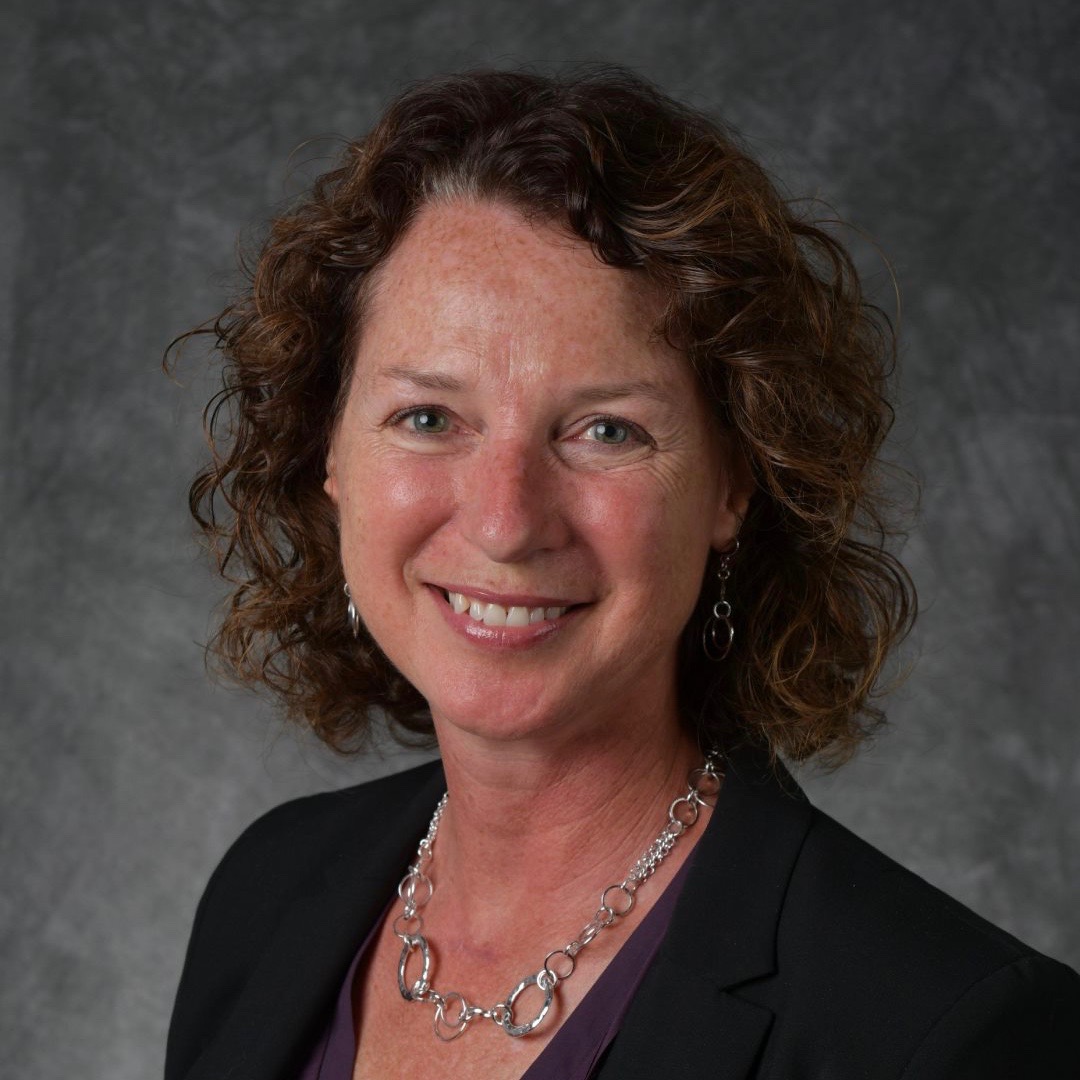
Robyn Hess
University of Northern Colorado
My research interests are in the areas of school dropout/completion especially among diverse students, culturally responsive assessment and intervention, working with refugee youth and their families, systemic interventions for children’s mental health, and stress/coping in children. Currently, I am working with a group to prepare a document that will provide guidance to school psychologists as related to working with students who are displaced, seeking asylum, or refugee. My overarching research goal is to advance school psychologists’ knowledge as related to helping all students to be successful in school, including postsecondary settings. Recent publications have appeared in the Journal of Applied School Psychology, International Journal of Educational and School Psychology, Preventing School Failure, and the American Journal of Orthopsychiatry.
Email: robyn.hess@unco.edu

Maria Hernández Finch
Ball State University
Dr. Maria Hernández Finch’s primary research areas include the intersection of diversity, early learning, and assessment/identification with a focus on equity and traditionally understudied and disenfranchised populations on both ends of the human exceptionality continuum. Current studies and grants focus on early gifted identification and twice exceptionality, investigating the developmental trajectories of individuals with Autism Spectrum Disorder, efficacious suicide prevention training, and culturally relevant and responsive intervention, consultation, and school support team collaboration.
Email: mefinch@bsu.edu

Janine Jones
University of Washington
Dr. Jones is a Professor of School Psychology and Associate Dean for Academic Affairs at the University of Washington. Dr. Jones’s research focuses on interventions that foster resilience and support the socio-emotional health of children and adolescents of color. Her current research projects focus on culturally responsive interventions including the following: 1) cultivating resilience through ethnic identity, 2) cultural adaptations of evidence-based interventions in schools, and 3) the integration of art-based mindfulness as a socio-emotional learning intervention in school settings. These projects investigate the impact of mental health interventions on school engagement and sense of belonging in students of color.
Email: jjones2@uw.edu
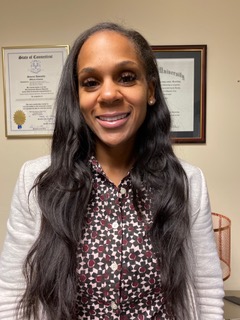
Tamika La Salle
University of Connecticut
Dr. La Salle is an Associate Professor at the University of Connecticut. She received her Ph.D. in School Psychology from Georgia State University. Her primary areas of research interests include culturally responsive education practices, school climate and the interrelationships cultural and ecological variables including the community, family, and school on student outcomes. She Is particularly interested in the impact of culture on students’ educational experiences and on developing and maintaining culturally responsive school environments that are equitable, safe, and positive for students, teachers, and families. Currently, Dr. La Salle serves as a member of the National Association of School Psychology Minority Scholarship Board, co-chair of the International School Psychology Association Research committee, and as an ex-officio on the Association of Positive Behavior Support Board in the Equity seat. Dr. La Salle developed the Georgia School Climate Survey Suite for students, school personnel, and parents that are used nationally and internationally. Dr. La Salle also conducts cross-national research and currently serves as the project manager for the International School Climate Collaborative on a cross-national school climate validation study that includes practitioners and researchers from 13 countries.
Email: tamika.la_salle@uconn.edu
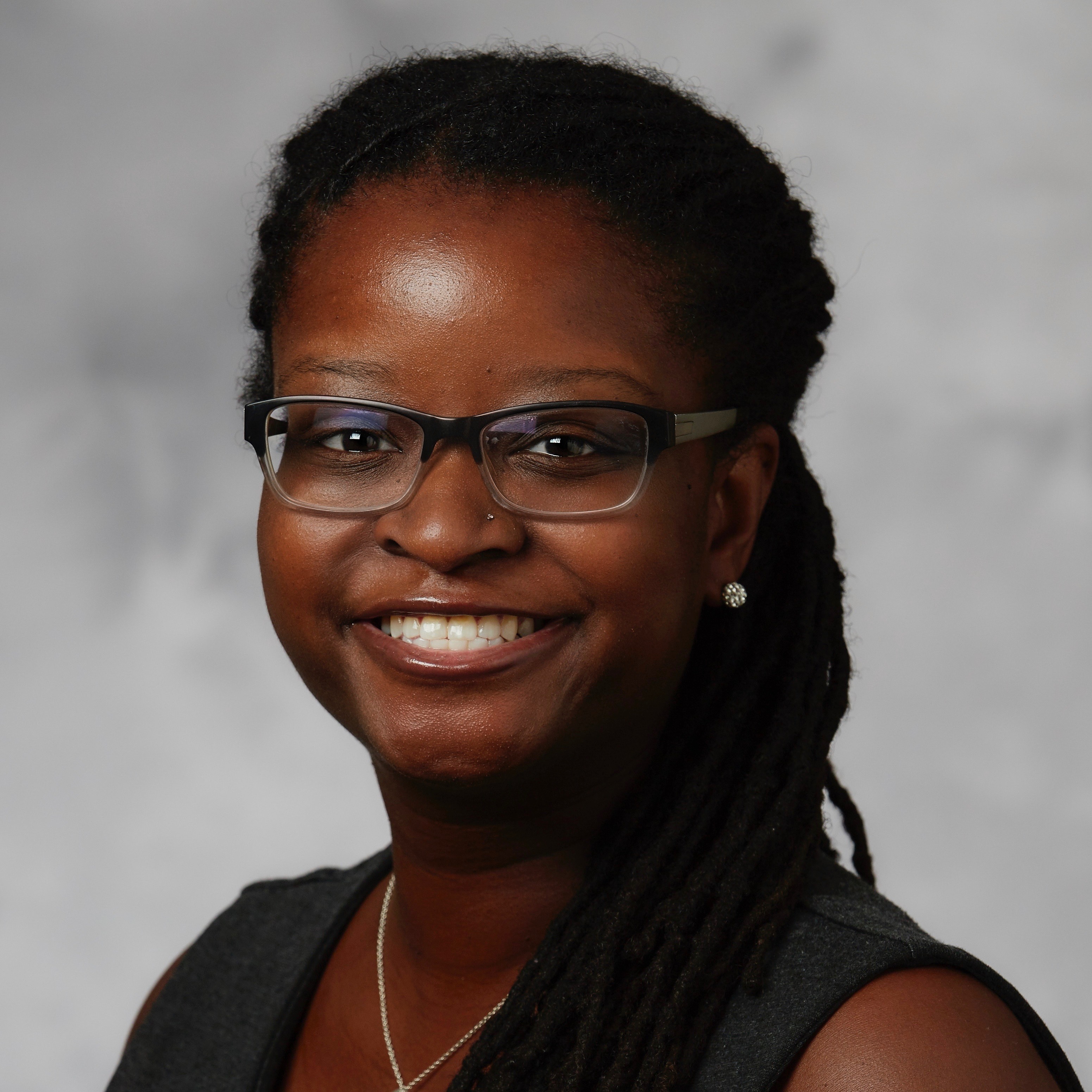
Patrice Leverett
University of Nevada Las Vegas
Dr. Patrice Leverett, NCSP, is an Assistant Professor at the University of Nevada – Las Vegas in the School Psychology program. She serves as a practicum supervisor and teaches courses on the impact of culture and diversity on practice, and crisis intervention and trauma management. She received her Master’s Degree in Education at Queens College of New York and her Ph.D. in Educational Psychology at the University of Wisconsin – Madison. In terms of research, Dr. Leverett spearheads a research team that examines the impact of implicit bias on the decision making of school-based personnel on disciplinary practices, to reduce the impact of racial disproportionality, particularly for Black boys. Her second line of inquiry examines the student perspective of disciplinary practices and incorporates those perceptions into the training of equitable school psychologists. Dr. Leverett is an active member in her community, serving with My Brother’s Keeper of Las Vegas, to address factors of trauma-informed practice and culturally responsive education. She also conducts evaluations of the effectiveness of the school psychology programs in producing socially just clinicians. Dr. Leverett advocates on behalf of marginalized student voices and for the diversification of the profession to meet the needs of all students, clients, and communities.
Email: patrice.leverett@unlv.edu

Chieh Li
Northeastern University
Dr. Li’s research focuses on (a) understanding English language learners (ELLs) and immigrant children and (b) culturally and linguistically appropriate assessment and intervention/prevention. Currently she has four bilingual graduate students conducting research with her on these topics. Three of the students are at advanced stage. Next year and the year after she would like to have 3-4 M.S. bilingual students.
Email: c.li@neu.edu
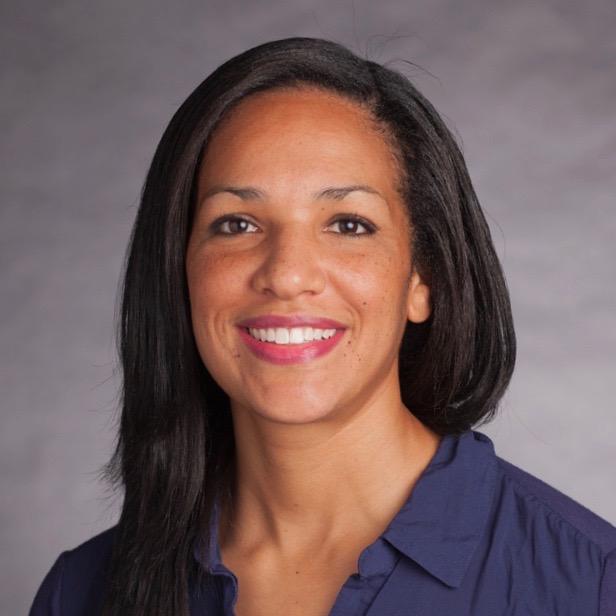
Anna Long
Louisiana State University
Dr. Long’s research agenda aims to bridge the research to practice gap, particularly for traditionally under-served ethnic minority communities. This interest has sparked three facets of my research agenda, each of which serves to address issues of equity in behavioral health treatment in education and mental health. These facets include: promoting the adoption of and treatment integrity to evidence-based interventions (EBIs) in schools, with the ultimate aim to increase access to quality services in high-need schools; expanding behavioral health research with ethnically diverse populations; and extending knowledge of how EBIs can be culturally responsive through investigations of the influence of sociocultural variables on students’ treatment engagement and outcomes. I teach the doctoral seminar on diversity to clinical and school psychology students and, since 2015, have been an active member of the Committee on Diversity and Outreach in Psychology at the Department of Psychology at Louisiana State University.
Email: along@lsu.edu
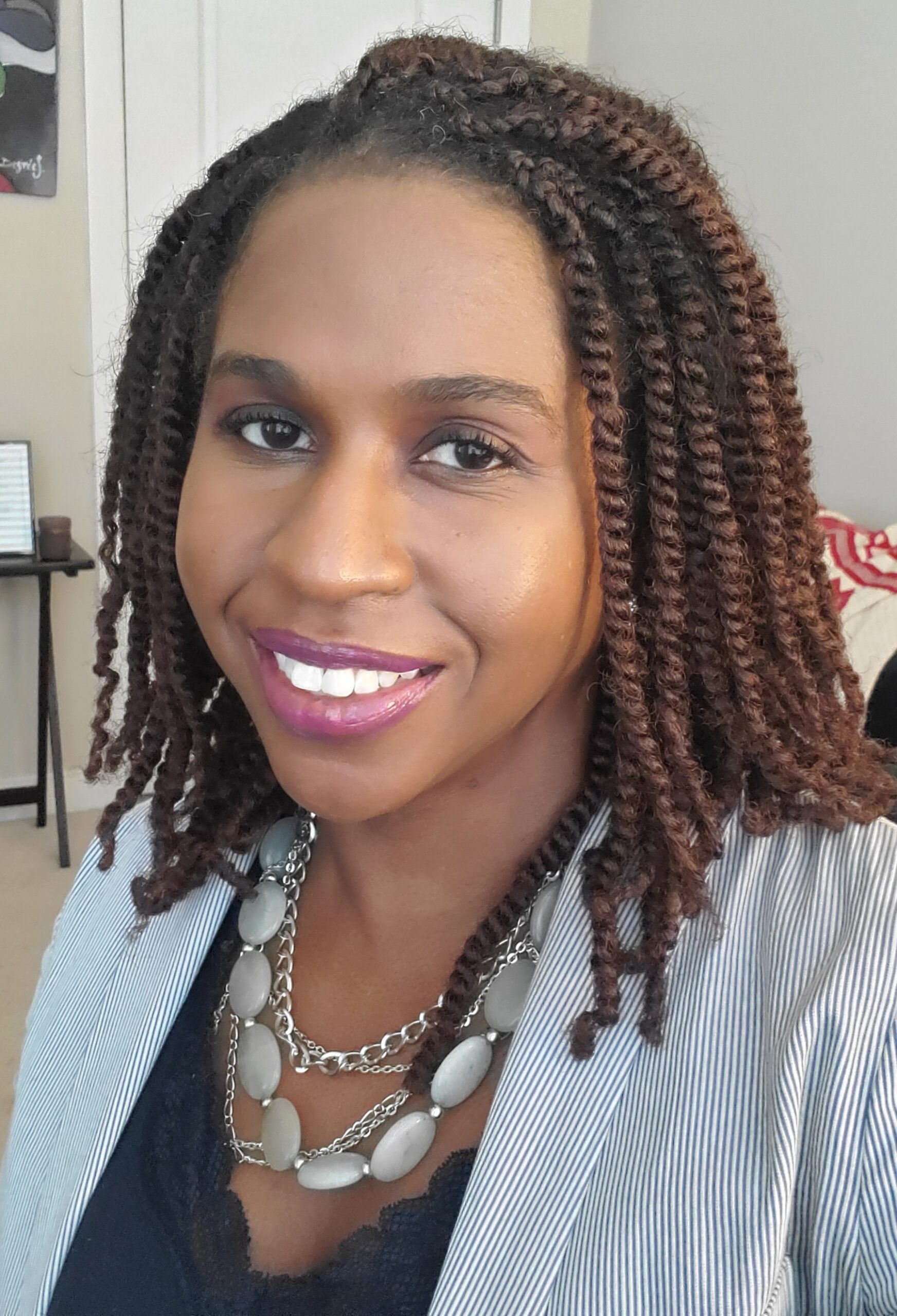
Celeste Malone
Howard University
Dr. Malone’s primary research interest relates to multicultural and diversity issues embedded in the training and practice of school psychology. Specifically, Dr. Malone focuses on multicultural competence, the ability to work effectively with diverse populations through the application of cultural knowledge and to demonstrate awareness of and sensitivity to cultural issues. The overarching themes of her research are: 1) development of multicultural competence through education and training, 2) diversification of the profession on all levels (i.e., graduate students, practitioners, faculty, professional leaders), and 3) the relationship between culturally responsive practice and PK-12 student outcomes.
Email: celeste.malone@howard.edu
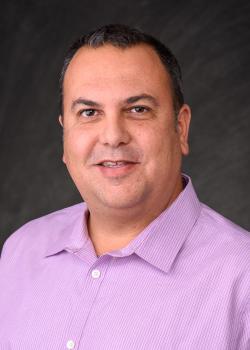
Frank Nascimento
New Jersey City University
Dr. Nascimento’s area of expertise include faculty-led travel abroad programs as a way to instill multicultural sensitivity and resilience and self-esteem of children who are victims of bullying because they identify as or are perceived to be LGBTQ. He is also interested in second language acquisition issues, particularly of immigrant and refugee groups and the role of language development issues as a root for labeling behavior as socially maladaptive.
Email: fnascimento@njcu.edu
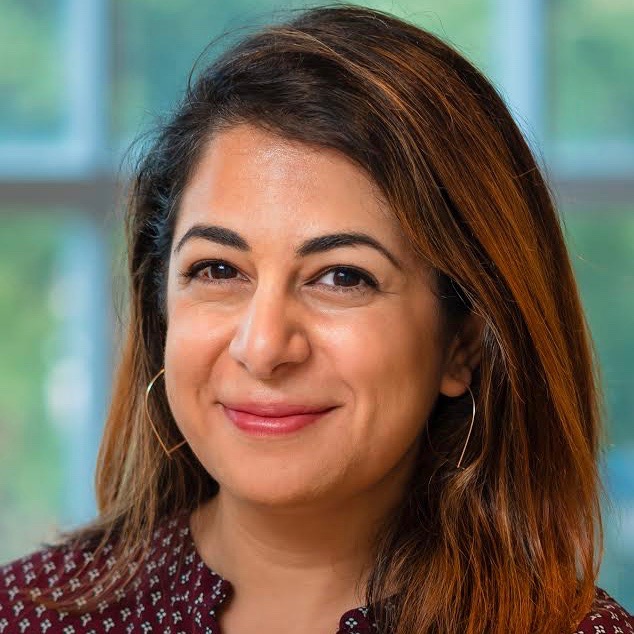
Shereen Naser
Cleveland State University
Dr. Naser’s main research interests include helping to build school capacity to address the varying needs of students struggling behaviorally and emotionally. She is also interested in building these systems in a way that supports ethnically, racially and linguistically diverse students and families both in the U.S. and abroad. Dr. Naser’s work is done through a child-rights lens, where children are considered important participants in the school and community decision making processes.
Email: s.naser@csuohio.edu

Amity Noltemeyer
Miami University
Dr. Noltemeyer is currently involved in research on racial/ethnic disparities in school discipline, implicit biases in teacher decision making, and culturally responsive positive behavioral interventions and supports.
Email: anoltemeyer@miamioh.edu
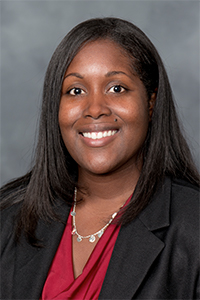
Janise Parker
William and Mary
Dr. Parker’s research has primarily centered on multiculturalism in education; culturally responsive and collaborative practices in school psychology; and self-determination, school engagement, and school- support among underrepresented students. My current research areas of focus are: academic engagement, personal agency, and self-determination among culturally diverse learners; school psychologists’ experiences with serving religious and spiritually diverse youth in school settings; and school psychologists’ deliverery of culturally responsive academic and mental health services.
Email: jparker@wm.edu
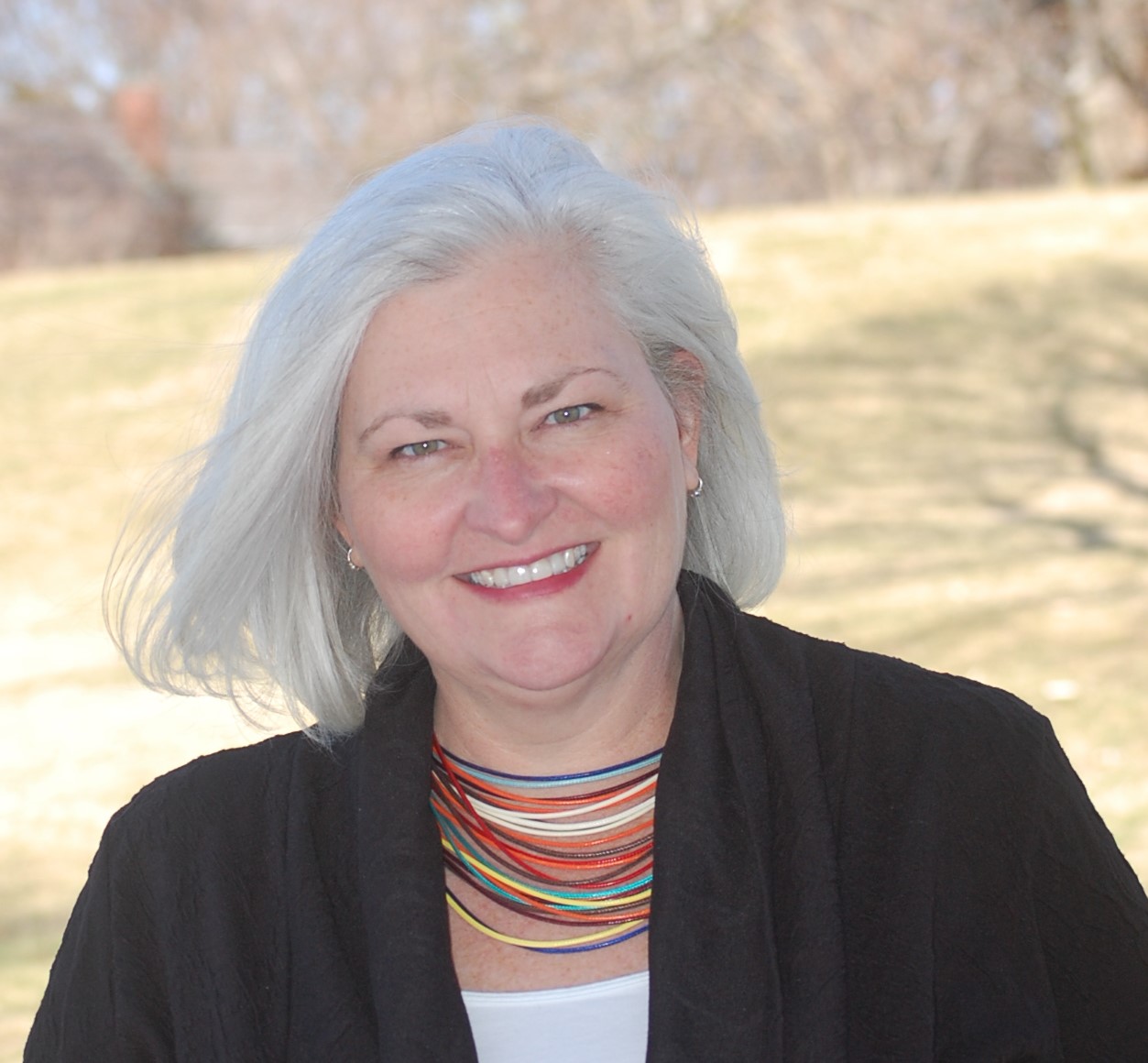
Melissa Pearrow
University of Massachusetts, Boston
Dr. Pearrow’s research interest focuses on access and outcomes of behavioral health services when systematically integrated into schools. Her projects specifically aim to build research on addressing inequities in urban school communities and build the literature on evidence-based practices with underserved populations.
Email: melissa.pearrow@umb.edu

Andy Pham
Florida International University
Dr. Pham’s research interests including examining neurocognitive (e.g., working memory, attention) and sociocultural variables (e.g., acculturation, parent perceptions of disorders and treatment) that affect academic and mental health outcomes of children, adolescents, and diverse populations. He aims to reduce ethnic disparities in mental health and education by determining risk and protective factors in minority youth and families.
Email: avpham@fiu.edu

Sherrie Proctor
Queens College
Dr. Sherrie Proctor’s primary research interests are related to the recruitment, retention, and attrition of students of color from school psychology programs. More specifically, she studies the racially and ethnically diverse students’ experience of racial microaggressions in school psychology programs. She also studies the academic and social experiences of African American students in school psychology graduate education. Methodologically, she often engages qualitative research methods to illuminate the voices of those often not heard in school psychology research.
Email: Sherrie.Proctor@qc.cuny.edu

Tara Raines
University of Denver
Dr. Raines, an Associate Professor at the University of Denver, investigates early identification of behavioral and emotional disorders, subsequent interventions and outcomes across different groups. More recently, Dr. Raines partnered with Clark County Schools and the City of Las Vegas on their implementation of My Brother’s Keeper, an initiative that was recently adopted by President Obama to expand opportunity at key moments in the lives of young men of color. She is leading the program evaluation and providing technical assistance for participating schools. In addition to her passion for research, Dr. Raines is also dedicated to the improvement of cultural competence and increase of bilingual practitioners in the fields of mental health and education.
Email: tara.raines@du.edu

Margaret Rogers
University of Rhode Island
Dr. Rogers’ research interests include advocacy, equity, student of color recruitment and retention, and cross-cultural school psychology competencies. These interests are embedded throughout the research, teaching, and service work she focuses on at URI.
Email: mrogers@uri.edu
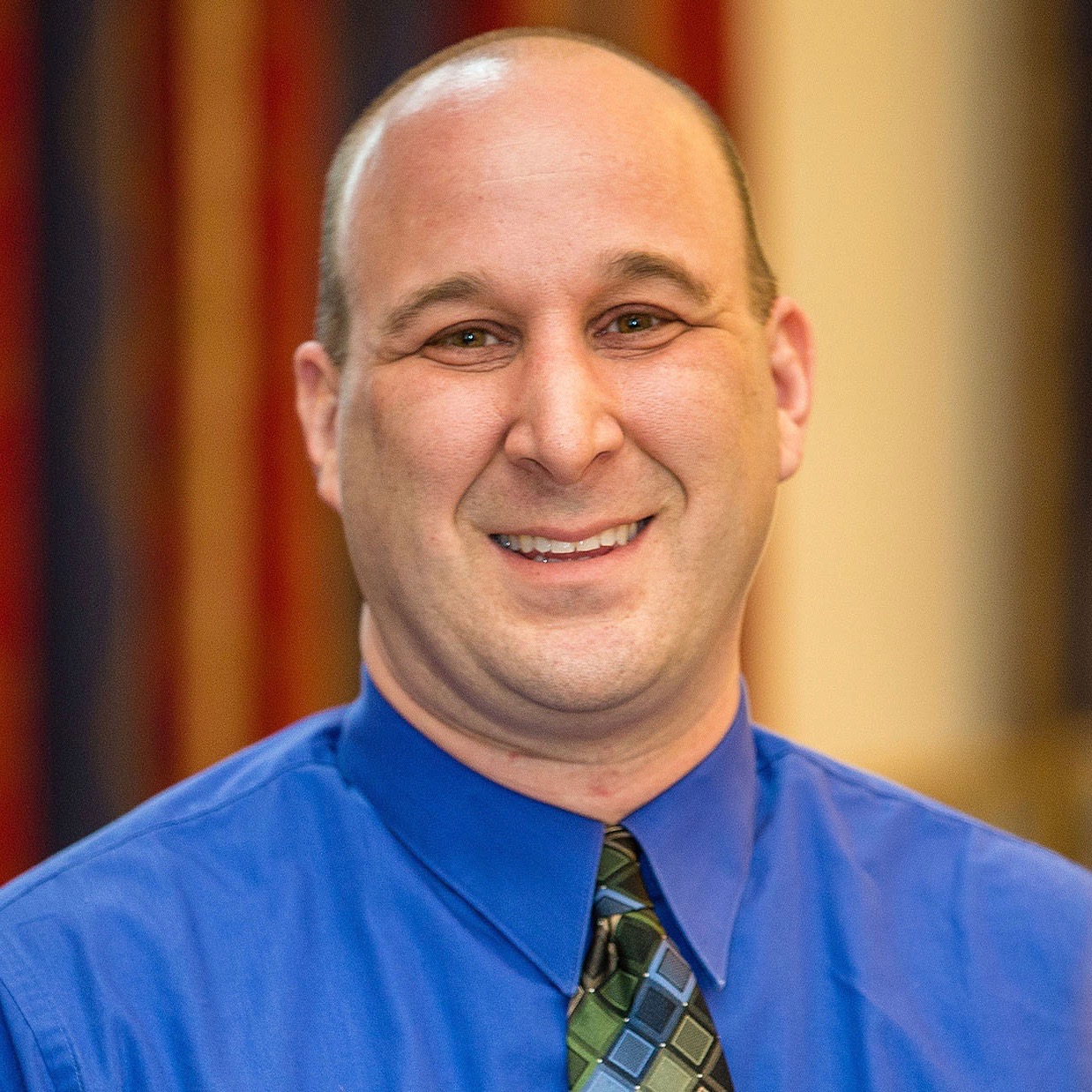
Dave Shriberg
Indiana University
My research focuses on the application of social justice principles to school psychology practice. Social justice is a term that is increasingly being utilized and embraced in school psychology. While I think it is great that the term “social justice” has become more prominent in school psychology, I am also concerned that if we are not careful social justice will become a meaningless buzzword that people use to feel good about themselves while an unjust status quo remains intact. There is therefore a strong need not only to conduct high quality research through a social justice framework, but also to recruit, develop, and nurture the next generation of scholar-advocates, people who will push the envelope. I am very interested in supporting persons who want to be disruptive in this way.
Email: dashri@iu.edu

Leann Smith
Texas A&M University
Dr. Leann V. Smith is an Assistant Professor in the Department of Educational Psychology at Texas A&M University. Dr. Smith’s Cultural Assets and Social Context of Adolescent Development (CASCADe) lab focuses on how minoritized youth receive culturally relevant support from their parents and schools to promote psychosocial and academic resiliency.
Email: lvsmith@tamu.edu

Sam Song
University of Nevada Las Vegas
Dr. Samuel Song’s scholarly interest is in culturally responsible practice in school psychology. Specific topics and projects include dual-factor mental health promotion, healthy school cultures and climates for children who are ecologically-minoritized children (e.g., bullying and restorative justice), and social justice in school psychology.
Email: sam.song@unlv.edu
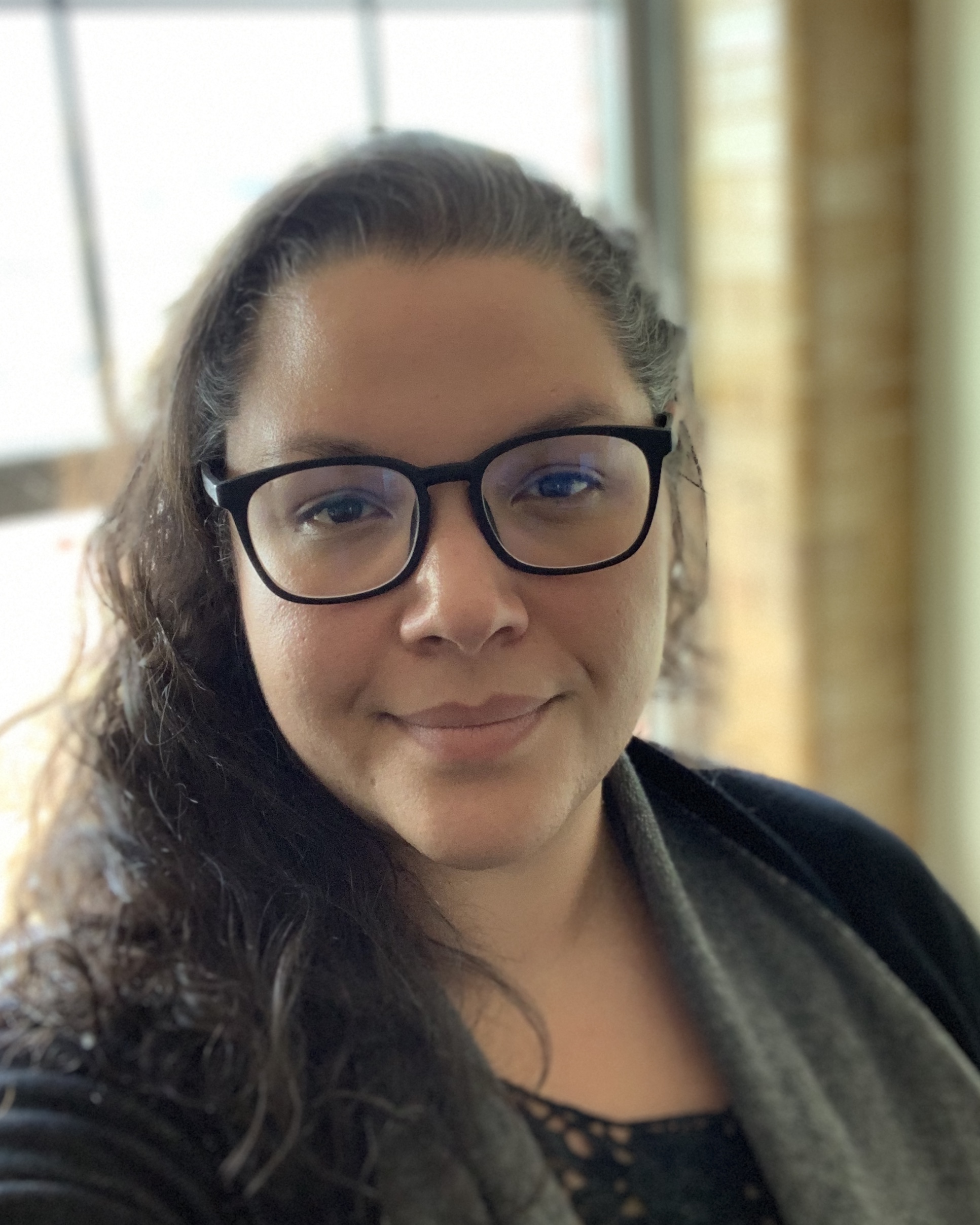
Amanda Sullivan
University of Minnesota
Dr. Sullivan’s research focuses on identifying education and health disparities among children from culturally and linguistically diverse backgrounds, and understanding equity in and effectiveness of the educational and health services they receive. She is particularly interested in elucidating disparities in the educational treatment and outcomes of students with and at-risk for disabilities and identifying malleable factors related to outcomes in order to inform policy and practice to better support students’ educational needs. Please visit my website, here.
Email: asulliva@umn.edu

Tanya Talapatra
University of Denver
Dr. Talapatra’s research focuses on enhancing outcomes for students with IDD through promotion of inclusion in post-secondary settings, development of adaptive and academic interventions to improve post-school transition and self-determination, and training of school psychologists to increase their presence in services for students with IDD.
Email: devadrita.talapatra@du.edu

Kristen Varjas
Georgia State University
Dr. Varjas is a Professor in School Psychology and Director of the Center for Research on School Safety, School Climate, and Classroom Management (http://schoolsafety.education.gsu.edu/) at Georgia State University. Dr. Varjas research efforts include school- and community-based projects investigating social emotional learning, mental health, psychological well-being, bullying, cyberbullying, and school climate. Dr. Varjas has received grants from the Center for Disease Control, U.S. Department of Education, the Office of Special Education and the Greater Good Science Foundation to support her work in investigating school climate, bullying prevention and intervention and positive behavior supports.
Email: kvarjas@gsu.edu
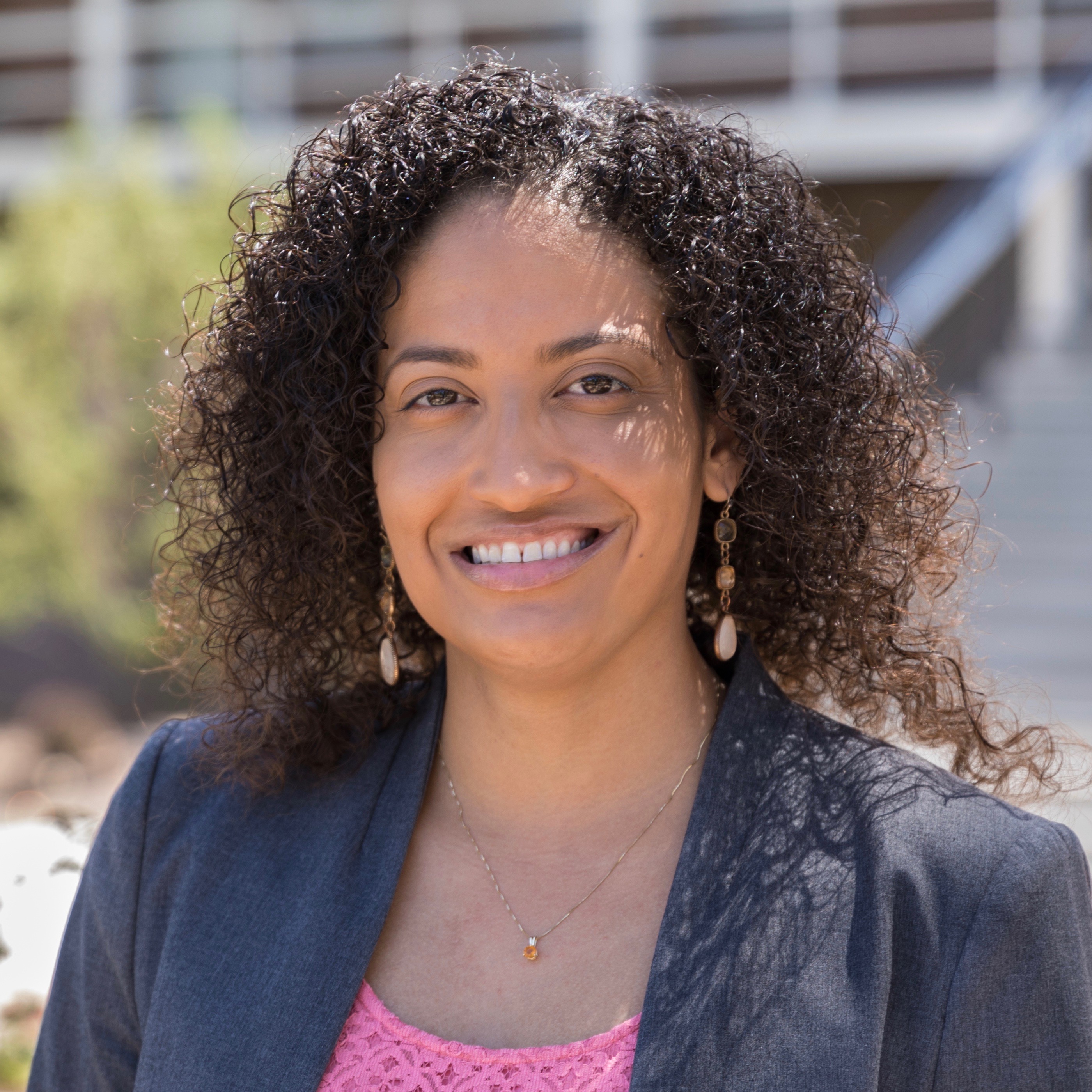
Desireé Vega
University of Arizona
Through primarily qualitative inquiry, Dr. Vega’s scholarship focuses on three main areas: 1) fostering the academic success of African American and Latinx youth; 2) resilience in higher education among African American, Latinx, and first-generation college students; and 3) preparing culturally competent school psychologists.
Email: dvega2@email.arizona.edu

Cixin Wang
University of Maryland
Dr. Cixin Wang’s research seeks to: (1) better understand different factors contributing to bullying/ victimization and mental health difficulties, including individual, family, school, and cultural factors; (2) develop effective prevention and intervention techniques to decrease bullying and promote mental health among students, especially among culturally and linguistically diverse (CLD) students.
Email: cxwang@umd.edu
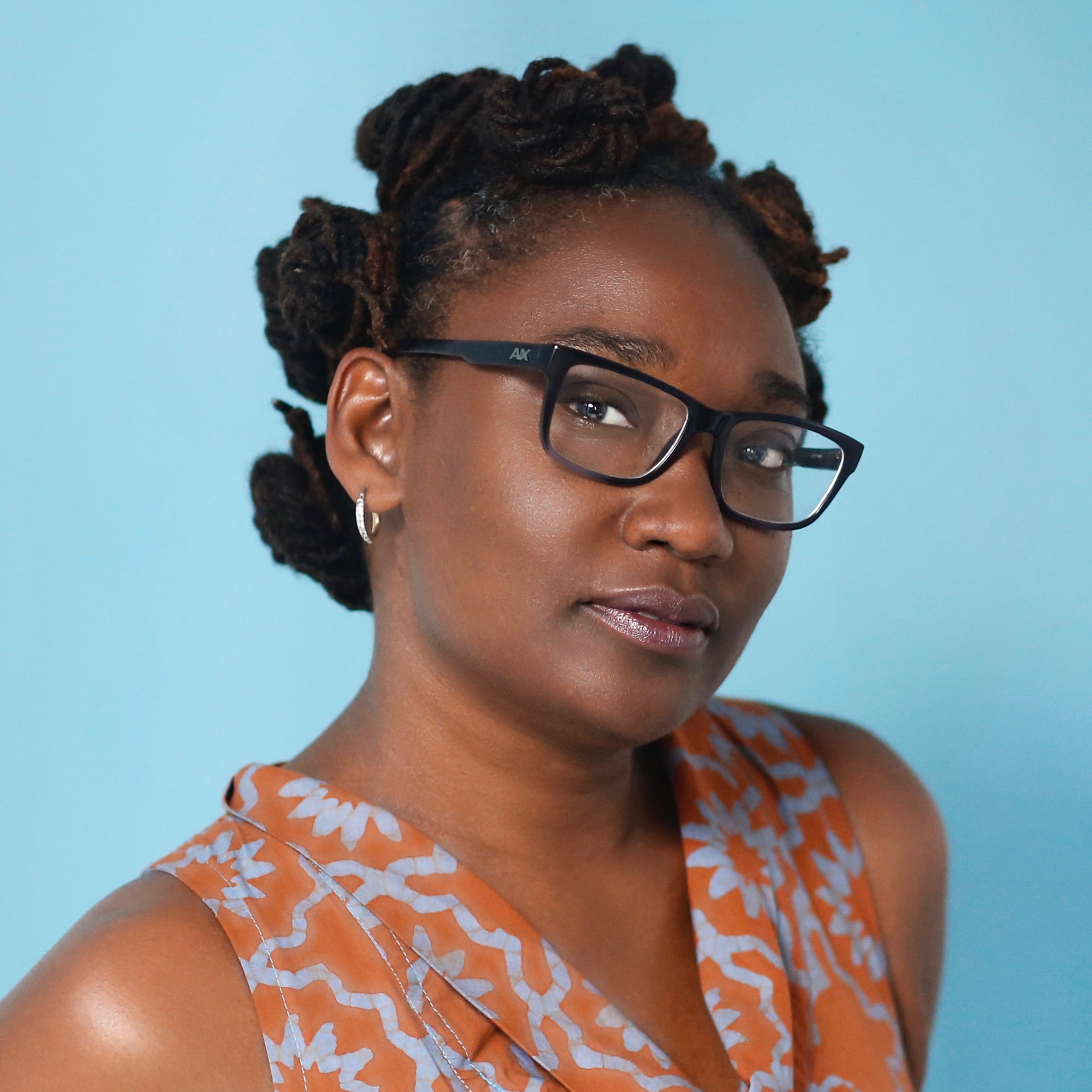
Stacy Williams
Marisy College
Stacy A. S. Williams, Ph.D., NCSP is an Associate Professor of Psychology at Marist College, a Licensed Psychologist and a Certified School Psychologist in New York State. As a founding member of the Creating Inclusive Communities (CIC) group at Marist, Dr. Williams and her colleagues have provided inclusion training to faculty within the School of Social and Behavioral Sciences to support diversity and inclusion activities in the classroom. In addition, she has consulted with universities and K-12 schools to support their development of race/culture pedagogy and creating and supporting inclusive spaces. Dr. Williams does research and provides training in social justice, inclusive classrooms, academic and behavioral interventions, data-based decision-making, and university/school partnerships.
Email: stacy.williams@marist.edu
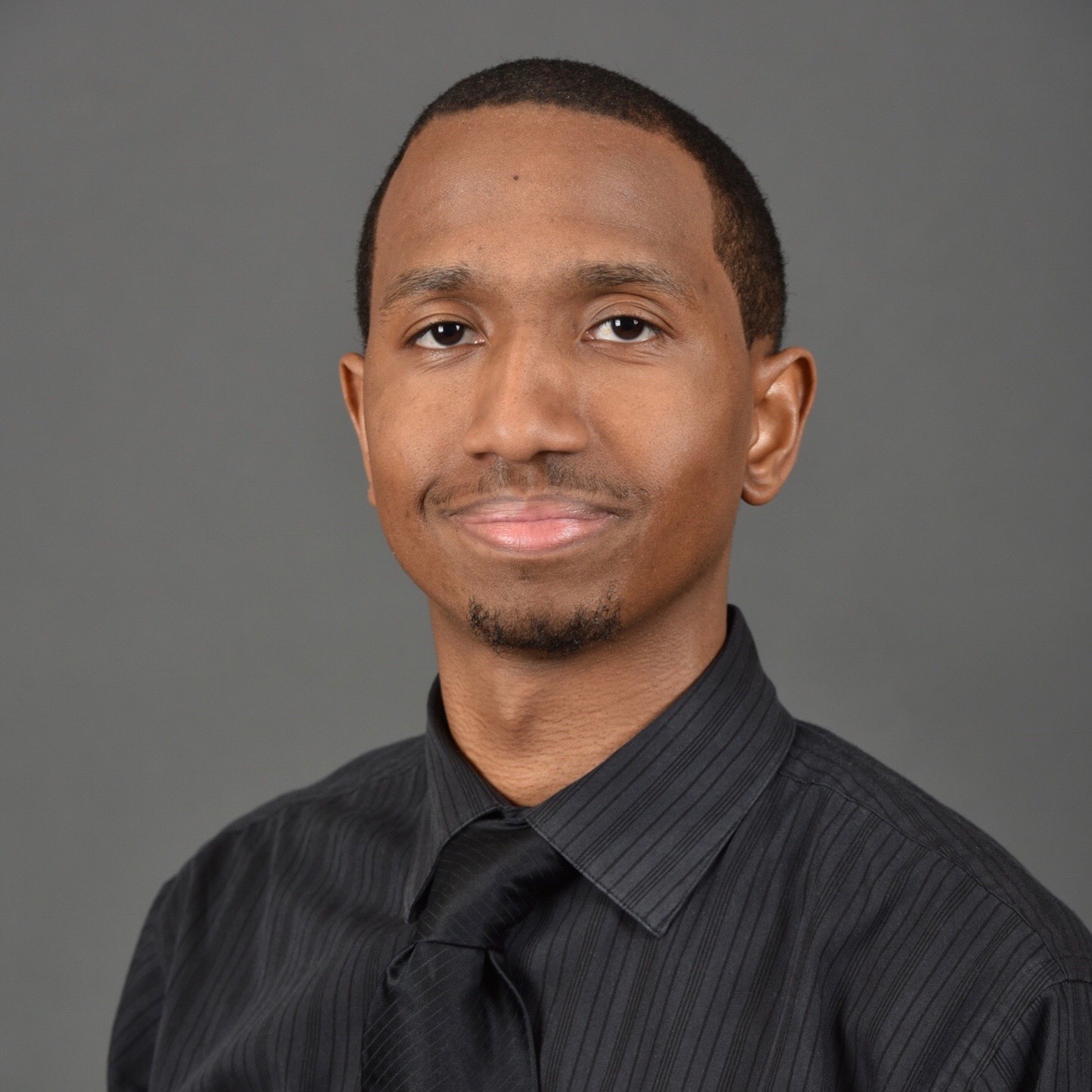
Isaac Woods Jr.
His research focuses on the assessment of Black students and non-discriminatory assessment; social justice in consultation/collaboration and program evaluation; and community-based research to improve behavioral health capacity for local marginalized communities and marginalized communities across the globe.
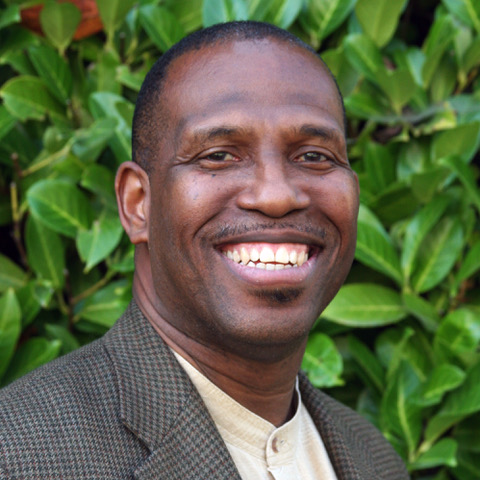
Frank C. Worrell
University of California, Berkeley
Dr. Worrell’s areas of research interest include at-risk youth, cultural identities, scale development and validation, talent development/gifted education, teacher effectiveness, time perspective, and the translation of psychological research findings into school-based practice. He examine the role of psychosocial constructs as risk and protective factors in relation to students’ educational and psychological functioning.
Email: frankc@berkeley.edu
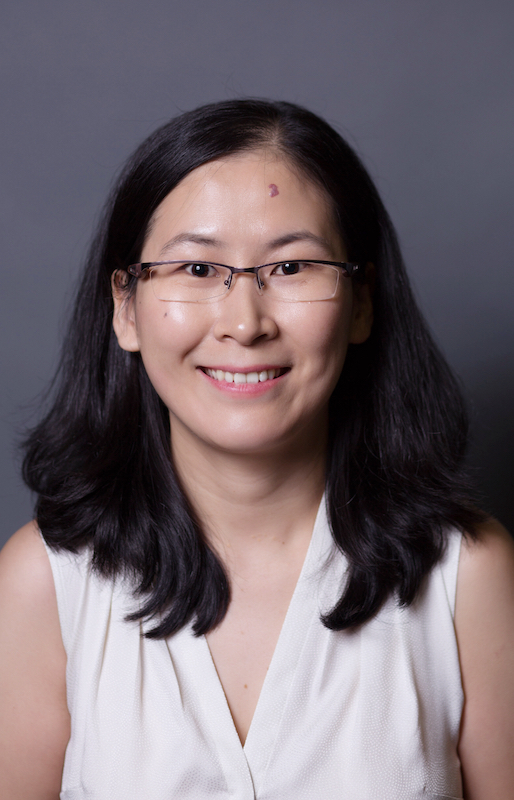
Chunyan Yang
University of California, Berkeley
Dr. Yang’s research interests focus on understanding how children and adolescents interact with their social contexts to find their resilience in the face of a variety of risk factors, including bullying, teacher-targeted violence, and mental health challenges. I have been conducting research using multilevel and multi-informant approaches to understand the functions of malleable factors (i.e., school climate, social-emotional learning, school-wide practice, and culture norms) in school-based prevention and intervention targeting at wellbeing and engagement of students, teachers, and families from diverse cultural, linguistic, and socioeconomic backgrounds.
Email: yangcy@berkeley.edu

Jina Yoon
University of Arizona
Dr. Yoon is a Professor in Department of Disability and Psychoeducational Studies at the University of Arizona. She is a Faculty Chair of the School Psychology program. She is a Nationally Certified School Psychologist (NCSP) and is also licensed as a psychologist in Arizona. Dr. Yoon’s research focuses on emotional and social development of children and adolescents and on school environment as an important developmental context, including victimization in school, peer relationships, and teacher-student relationships, with a special emphasis on early intervention and prevention. Her current research topics include the role of teachers in peer victimization, positive school climate and student-teacher relationships, and students’ relationship qualities and academic engagement. Based on the conceptualization that teachers and classroom processes serve as critical socializing experiences, Dr. Yoon’s work focuses on identifying specific aspects that contribute to peer victimization. Dr. Yoon is also interested in identifying ways to develop and strengthen anti-bullying attitudes in the existing learning activities and goals in schools.
Email: jinayoon@arizona.edu

Yuvaraj
Manonmaniam Sundaranar University
Yuvaraj’s research interests focus on the Antecedent Personality patterns and Health Consequences of Internet Overuse Behaviour in College going students. As part of this research, he has so far collected data from around 1000 students of different streams, such as Arts and Science, Computer Science, Medicine and Engineering students. In regards to Personality, he is using the Five Factor model of Personality and for the Health variable, he is using the health practices and flourishing-languishing model. In the case of Internet Overuse Behaviour, he is using the Internet Addiction Test developed by Young (1996) to screen for Internet addiction and then the Online Cognition Scale by Davis, Flett & Besser (2002) to measure the problematic Internet Use behaviour. Some of the interesting findings have been observed in this area, yet more explorations need to be done as the research is still ongoing.
Email: yuvaraj@msuniv.ac.in
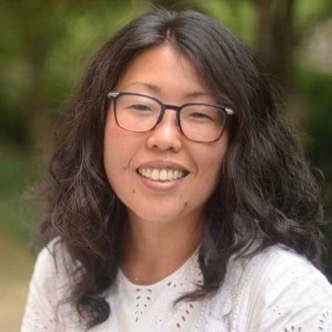
Akane Zusho
Fordham University
Dr. Zusho’s research interests focus on the intersection of culture, achievement motivation, and self-regulation. The overarching goal is to develop informed, less prescriptive, culturally sensitive theories of motivation and self-regulated learning that take into consideration the academic and motivational processes of students of color. With Dr. Rhonda Bondie, she is currently working on developing a motivationally-supportive professional development program on differentiated instruction called All Learners Learning Everyday.
Email: zusho@fordham.edu
